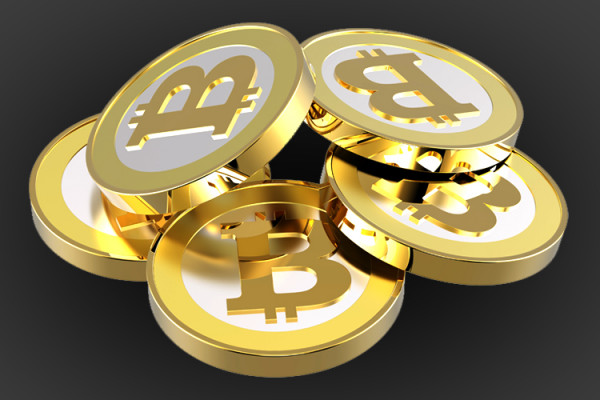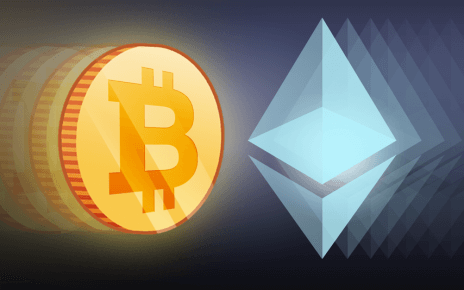The computer network that started as a project financed by the United States Department of Defense at the end of the sixties and would later mark the start of the Internet, considered the redundancy and the decentralization as main characteristics of its architecture.
The project was born in the middle of the Cold War, after the public in the United States was surprised by the launch of the first satellite by the Soviet Union in 1957. The future computer network was supposed to keep functioning after one or various nodes go out of service during a possible aggression from abroad.
ARPANET, the first network launched in 1972 was based on a packet protocol that later laid the foundation for the TCP/IP protocol. As more networks were added to the initial network, especially from the academic sector, the decentralized structure of the Internet was confirmed. The first applications of the Internet were the transfer of remote files (Telnet) and electronic mail, which had a great impact on the way the people who accessed the the Internet were collaborating.
At the beginning of the nineties, the World Wide Web was born. It was created by Tim Berners Lee as a decentralized platform for scientific collaboration and based on the hypertext. The fact that a simple link could lead us to the content of other users was the starting point to convert the users from mere consumers of information to content creators. It was a network with much more participation that allowed the social network to be born and configure a communication scheme between peers, even if the structure of the network was centralized.
These important developments that promoted the democratization of the information encountered the rising obstacle of the reaffirmation and dominance of a small number of players that would monopolize the information of the users in exchange for providing free or apparently free services.
Facebook, a company that is currently under questioning for using profile information of millions of its users for political preference manipulation, bases the majority of its income on showing ads adapted to the profile of each user. Google does the same thing not because it has all the search preferences of each user, but because it tracks each website visited from its search page in order to add more details to the information about each profile.
The consequence of this is that we are in an internet much more different than the one from the sixties and this is what caused many voices to appear and promote a return to the decentralization.
Less than a decade ago, from numerous efforts in favor of interactive distribution schemes with an important focus on the security, rises the concept of Bitcoin, a system of electronic cash, the distributed network with the software to manage and move this asset.
Just like the Internet started to become massified after the creation of the World Wide Web, Bitcoin enters the collective conscience last year, when its growth exceeded 1,700%. If we limit the discussion about Bitcoin to the swings of its price, it would give us an extremely limited view of its impact.
The decentralized and distributed nature of its network is the model for more than one thousand cryptocurrencies and tokens on the market, which means Bitcoin is an important protagonist when it comes to bringing back the decentralization to the Internet. According to Hemant Taneja, the Director at General Analyst, a venture capital company, the recent boom of the cryptocurrencies could help reach this goal. He thinks the money that is flowing towards the cryptocurrencies helps to obtain resources to develop a more decentralized the Internet: “The underlying reason for cryptocurrencies is related to the construction of a decentralized internet and there is a deep reason for this. When you think of those big platform companies that are now very powerful, would not it be nice if we could have the benefits that these companies provide without those centralized authorities that exercise so much control?”
In various service sectors that are now centralized on the Internet, decentralized alternatives are appearing. For example, in the decentralized storage sector, the existing proposals introduce the management of tokens in order to access an open code platform that offers this model of storage or cloud alternatives, that does not store data on a centralized server, but instead distributes the data to thousands of servers in its blockchain network. Only the owner of the information can access it. Another initiative with the goal of bringing back the decentralization to the Internet is related to the decentralized domain name services. This type of domain name management offers more security and is not subject to blockage.
There is one difficulty that needs to be overcome on the way to decentralizing the Internet again. Bitcoin is becoming more and more known, but without an amplified vision of the concept behind it. What dominates the news is its price and trade on the cryptocurrency exchanges.
Bitcoin is more than a cryptocurrency. Behind the concept of Bitcoin one can find a change of paradigm that questions the form in which we manage our personal finance. This concept also shows how a group of users can spread an idea about security that is sustained in the trust generated by a protocol based on mathematics and the capacity of the network to replicate thousands of copies of data that can be consulted at any time and by anyone.




